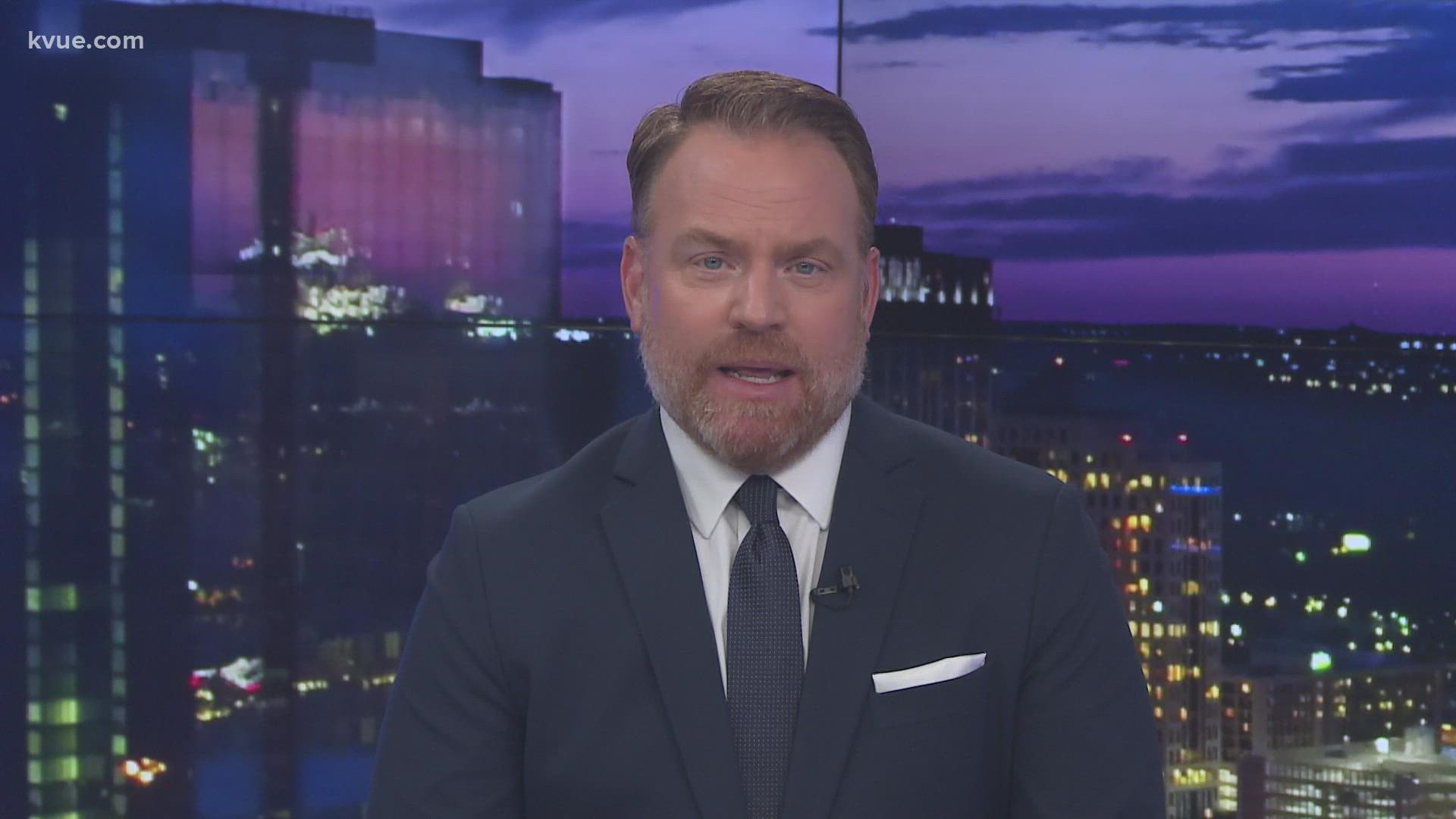AUSTIN, Texas — On Tuesday, Gov. Greg Abbott's office announced that the governor has tested positive for COVID-19.
Following that announcement, his office said he was receiving Regeneron's monoclonal antibody treatment.
As Abbott received the Pfizer vaccine last December and reports no signs of COVID-19 symptoms so far, the big question on everyone's mind is, "What is Regeneron's treatment?"
According to the U.S. Food and Drug Administration, the monoclonal antibody treatment is a one-time treatment that's given through an IV. The drug is a combination of two antibodies that can fight off the virus before it gets worse.
According to a report by Bloomberg, recent data shows this treatment cuts the risk of hospitalization or death by roughly 70% in high-risk patients, and can reduce the chance of infection among a patient’s household members by more than 80%. However, it cannot be used on patients who are already hospitalized with COVID-19 or are on oxygen therapy.
The FDA says Regeneron's antibody treatment is not a substitute for vaccination against COVID-19 and still urges all eligible people to get vaccinated.
Gov. Abbott's office released the following statement on Thursday:
“Gov. Abbott’s doctor prescribed Regeneron's monoclonal antibody therapy treatment, which is available at no cost to all Texans who get a doctor’s referral. It is recommended that Texans testing positive for COVID-19 seek this antibody therapeutic drug because of its effectiveness to help keep people out of hospitals. Today, the governor announced the continued expansion of COVID-19 Antibody Infusion Centers across Texas. That is in addition to more than 140 providers that are providing antibody treatment at hospitals and clinics across the state.”
PEOPLE ARE ALSO READING:

